This content is part of The Latin Times' first-ever Special Thematic Week focusing on the rise of Afro Latinos, an identity that represents 10% of all Hispanics and Latinos who live in the U.S., according to figures from Pew Research Center. Discover more articles and interviews we've prepared that explore Afrolatinidad, an idea that sits on the frontier of two minorities (Latinos and African Americans) with all the richness, possibilities and challenges that entails.
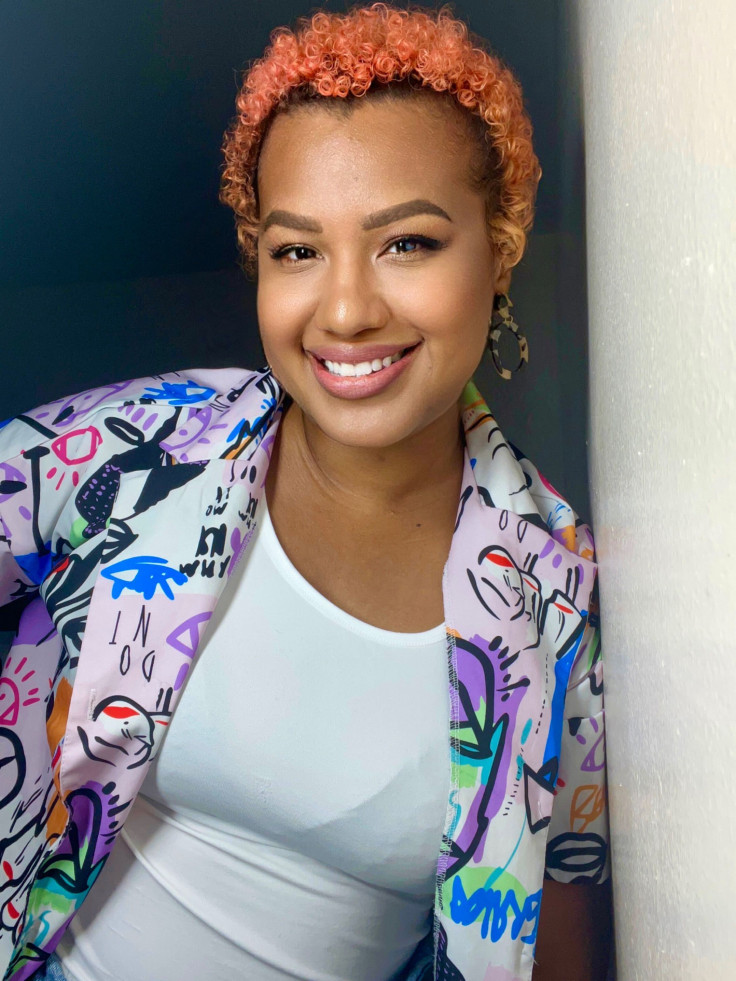
Mika Kenyah, 40, is an actress, comedian, screenwriter, and co-host of These2Locas, a humor video content on TikTok, YouTube and Instagram of "two NYC Afro-Latinas undoing decades of generational trauma with comedy and dumb honesty."
"These2Locas is learning about each other with J-Gil, and about our own experiences while also growing our friendship on camera. It's the way I choose to celebrate my afro latinidad: learning about each other, and also just sharing those experiences that hopefully reach people who go 'Oh my God, that's exactly what I went through'", she explains to The Latin Times.
The following interview has been edited for length and clarity.
What does it mean to be Afro Latino today in the United States?
It's just really being able to recognize that, yes, we are Black American, but we also come from a rich heritage from Latin America as well. In my house, we have Marc Anthony playing all day, and I also love all Peruvian music. We're dancing, we're taking out instruments. There's a celebration of our food. It's really about just having the opportunity to have these two cultural experiences in my life and be recognized and celebrated. I feel very fulfilled that I'm able to do that. And I don't have to pick one or the other.
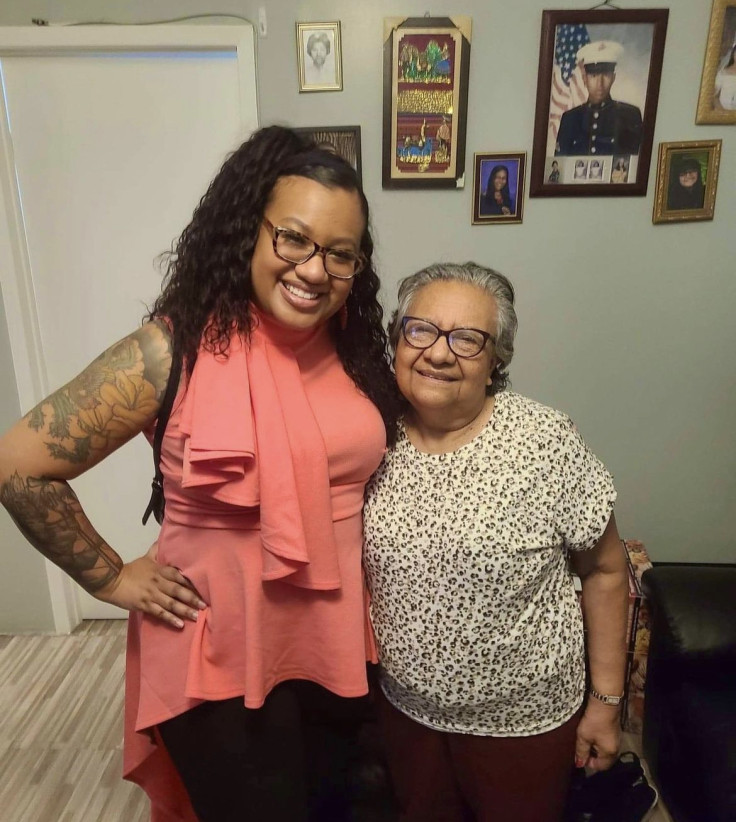
How is your relationship with the term Afro Latino?
I was born in the Bronx, in New York. So, my community was made up of a lot of Dominican, Caribbean, Puerto Rican families. My dad is Peruvian, from Iquitos, and came to America as a teengaer. He has African and indigenous origins. My mom is American; African American and Native American. So, I knew I was a black American, but I also knew at home, my family were speaking Spanish, and eating Peruvian food. So then you go through a confusing period. How do I identify myself? And other people? You kind of feel lost. As I got older, I learned about the term Afro Latina, and it finally felt like just one phrase can embody who I am and where I come from.
What are the challenges of being Afro Latina in the U.S.?
Growing up, it felt like by claiming your Latin side, you were kind of dismissing being Black. And it was taken as an insult. So I was always very conscious about "am I offending the other part of me, the other experience of being a black American?" I feel like in the U.S., you're made to feel like you have to check off one box because you can't possibly be both.
And there's also how others see you, like if you don't look like Jennifer Lopez, then you're not seen as Hispanic. I often get a very puzzled look from other Peruvians. They are like "you don't look Peruvian", "there are no black people in Peru." And I'm like, "yes, I'm Peruvian, my family from my dad's sise has African and indigenous origins." My dad's side has dark skin. You know, we're all mixed up. It hurts. I feel really disrespected and sad. Latin Americans, we come in all colors and all cultures, and we're here. We exist.
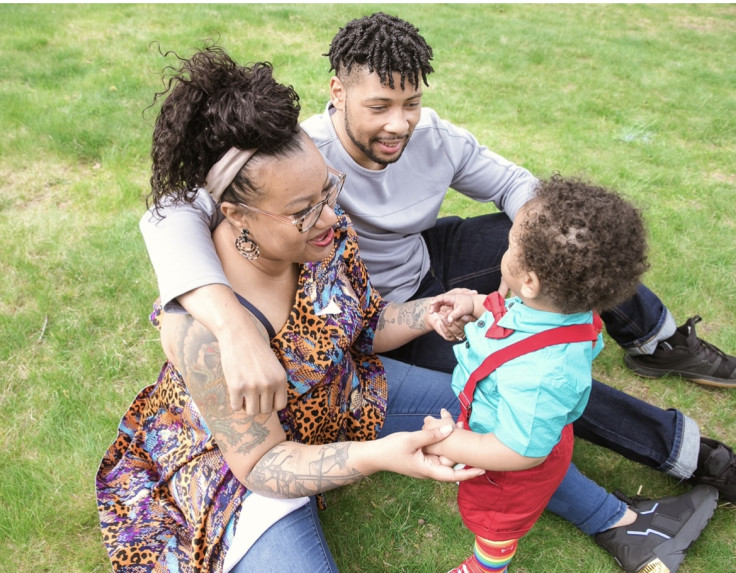
Another thing is that America just doesn't feel safe, you know, especially for black and brown people. I have a son who will one day be a young Afro-Latino man. And politically there's so much hate discourse that we're still going through. I mean, I feel like other countries must look at us and go "what is going on?" There's like school shootings every day. I know every place has its own issues and things that are going on, but I think a lot of Americans like me are feeling that way, like it doesn't feel safe.
How do you feel about Black History Month?
It's definitely important to recognize those leaders who paved the way for people like me to speak about my experiences and become a leader in my community and career. I often question why we only have one month to celebrate. Or even why is that a thing, you know? It should be part of our American culture, period. But that's something the country has not figured out how to navigate, and we're just now including Afro Latinidad in that conversation too. That Black are across the world, not just in the U.S.
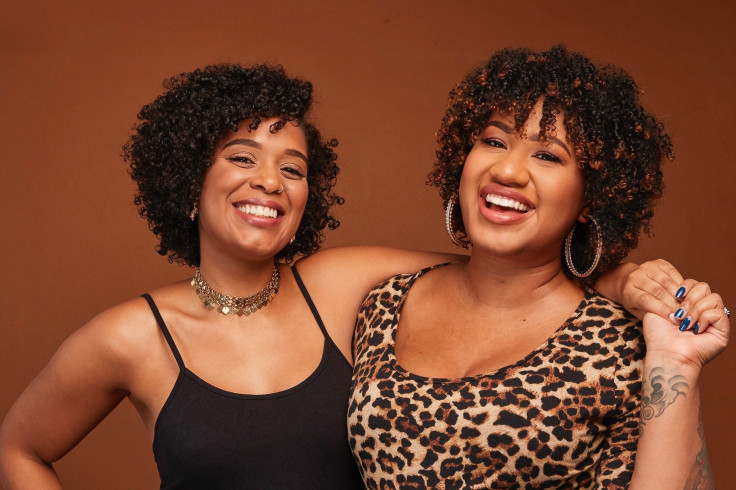
In These2Locas, you mention navigating generational trauma through humor. Where do you see those traumas mostly reflected?
Both my co-host, J-Gill, and I grew up sharing similar experiences, for example, of being told our hair needed straightening. And, it was traumatizing for us as little girls, hating your natural hair, thinking it's not beautiful. Hair is definitely big in our community. Often a symbol of beauty and your worth. These beliefs were unintentionally passed down by our parents, who inherited them from their own traumas as young girls. Now, we have the opportunity to share these moments, including the long hours in the salon and the pain of burning our scalps. It's not a way to diminish the experience, but laughing about it is healing.
And changing those beliefs so others won't suffer the same thing, right?
Yes, and even when I decided as an adult to wear my hair natural and curly, my family would say "it doesn't look appropriate", "It looks messy". But I've learned to have sympathy for them because this is all they were taught. It's up to us to figure out how to break that. Another thing I felt that I was bullied about was my nose or my lips being too big, far from a Barbie doll. One day, I was looking at my 'abuela,' and I realized, "out of all the grandchildren, I am the one who looks like her the most. These are my indigenous features." I am so close to my ancestors in my reflection in the mirror. It's hard because in America, they only put out images of Latinidad that look more European.
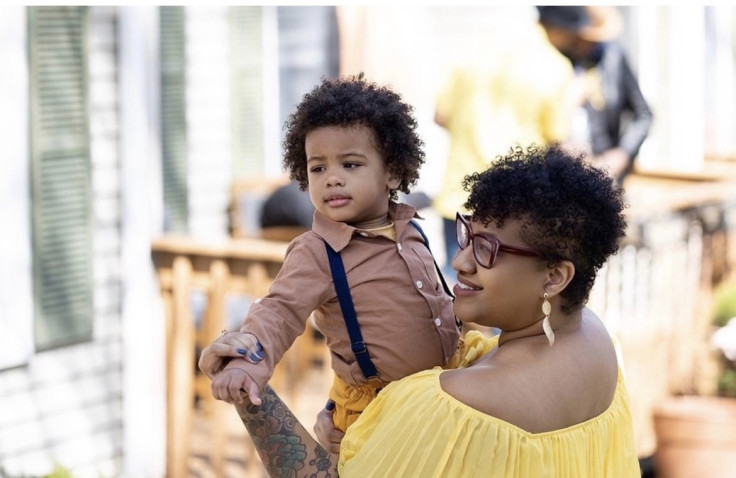
Now that I have a three-year-old son, that's what I want to teach him to appreciate. He has curly hair. I want him to love it, to learn that it's beautiful, and not only his hair. Appreciate what you look like, because it's just the DNA from past generations that you now get to embody, and we're carrying that on. So be proud. We come in all looks, sizes and shapes and that should be celebrated because that's how our ancestors looked.
© 2025 Latin Times. All rights reserved. Do not reproduce without permission.





